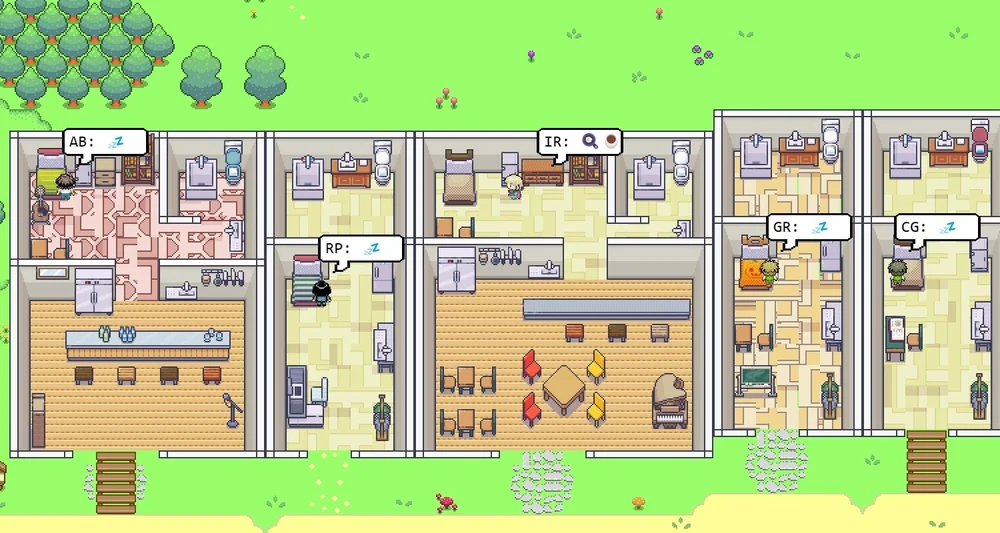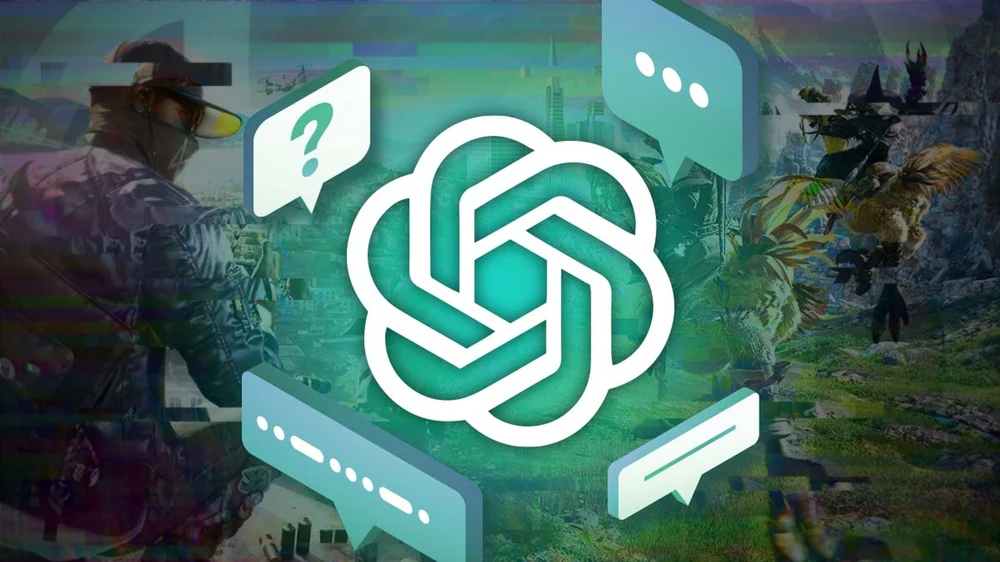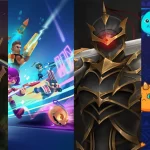Video games have come a long way thanks to the relentless march of technological progress, but ChatGPT and other forms of conversational AI have potential to bring about one of the most transformative changes the industry has ever seen. The release of ChatGPT in late 2022 gives us an initial glimpse of how artificial intelligence may reshape virtually every aspect of game creation and gameplay in the years ahead. Here are just some of the major ways ChatGPT and similar AI assistants are poised to revolutionize the future of gaming:
More Lifelike NPCs
Non-player characters or NPCs have traditionally been somewhat one-dimensional in games, with limited responses, basic personalities and little nuance. But ChatGPT shows that conversational AI can create NPCs that feel truly human, capable of holding natural back-and-forth discussions, adapting responses intelligently based on what players say and do, and exhibiting complex personalities with believable character arcs over time.
Imagine NPCs that utilize ChatGPT-powered AI assistants behind the scenes. They would be able to react uniquely to each player’s choices and actions in subtle yet meaningful ways, strike up quests and conversations that feel tailored specifically for that individual gamer, and gradually reveal new facets of their personalities as players get to know them better. ChatGPT gives developers the raw materials they need to bring NPCs to life in games like never before, finally feeling like real people instead of lifeless tropes.

Procedurally Generated Content
ChatGPT’s incredible ability to generate novel, creative output based on text prompts comes from its massive knowledge base and ability to think like a human being. Game developers could harness this capability by training ChatGPT models on what constitutes fun and engaging gameplay, compelling storytelling within their game’s lore and world, plus anything else that defines high quality content for their specific titles.
Once adequately trained, ChatGPT could then procedurally create a seemingly unlimited supply of dynamic content tailored perfectly for each individual player’s unique choices, progression and situation within the game:
• Unlimited quests and branching story arcs evolving organically from that player’s specific in-game decisions
• Endless variations of levels, enemies, items and environments customized for that player’s character build and progression
• Novel plot twists, background stories and character arcs that expand the game world in human-written ways
• Detailed histories, motivations and personalities for locations, NPCs and events
Essentially, ChatGPT-based AI would offer game studios an effectively inexhaustible source of fresh, compelling and personalized content – making virtual worlds feel alive, surprising and constantly adapting to each player in ways never seen before.
Assistance with Game Design
ChatGPT’s enormous knowledge base and ability to generate creative solutions could massively aid human game developers. Studios could leverage ChatGPT to:
• Brainstorm novel gameplay mechanics, characters and story concepts
• Rapidly prototype and test levels, features, user interfaces and more
• Balance complex gameplay factors like difficulty curves, resource rates and so on
• Refine or reimagine existing designs based on both structured and unstructured feedback from playtesters and focus groups
• Continually improve content and gameplay over time through an iterative feedback loop
Overall, ChatGPT has potential to serve as a true creative partner and problem-solving resource for game studios – offering fresh perspectives, generating initial prototypes, optimizing design processes and shepherding projects towards compelling end products that delight players. This may lighten developers’ cognitive loads while pointing them towards more enjoyable game experiences.

Improved In-Game Support
ChatGPT’s natural language abilities and wealth of knowledge could revolutionize how in-game tutorials and help systems function. Instead of static menus or scripted dialogue, players could simply have text-based conversations with ChatGPT-powered NPCs.
These AI assistants could intuitively sense when individual players require guidance, ask targeted clarifying questions to identify their precise difficulties and skill levels, then provide step-by-step visual or textual instructions tailored specifically to resolving that unique player’s situations and quirks.
Essentially, ChatGPT enables in-game help to become hyper personalized and intuitive on an individual basis.
Potential Downsides and Challenges
While ChatGPT’s capabilities offer tremendous potential benefits, there are also downsides and challenges to consider with responsibly integrating conversational AI into games:
• Bias : AI models require vast amounts of data to train on and can inherit or even magnify biases present in that data. Developers must be careful to minimize and mitigate biased outputs.
• Ethics : There are valid ethical concerns around deception and addiction when NPCs powered by AI feel too realistic or human-like. Developers must act responsibly and avoid crossing lines.
• Safety : Conversational AI can sometimes provide unsafe, harmful or incorrect information. Proper guardrails and moderation will be critical to ensure AI provides only appropriate in-game guidance.
• Unemployment : Some roles like writer, level designer or quest developer may see work decline as AI takes over certain tasks. Developers should augment, not replace, human creative talent.
• Data Privacy : Player data will need to be handled responsibly and with full transparency when used to train and interact with in-game AI systems.
With care, foresight and proper governance practices, the gaming industry can harness AI’s potential benefits while avoiding or mitigating many of its risks. But it will take diligence, transparency and close partnerships between tech giants, game developers, researchers, policymakers and the public to integrate tools like ChatGPT into games in a way that aligns with societal values and enhances – rather than detracts from – the future of gaming. The opportunities are massive, but so too are the ethical obligations we face as a result.

The Steps ChatGPT Has Already Taken in Video Games
While ChatGPT’s capabilities to transform video games seem futuristic, the technology is actually already making inroads into the gaming industry. Since ChatGPT’s release in December 2022, several developers and studios have begun experimenting with and integrating conversational AI to varying degrees. Here are some of the key early steps ChatGPT has already taken within gaming.
Many indie and mobile games have started utilizing ChatGPT to generate more natural and expansive dialogue for NPCs. By feeding ChatGPT information about a game’s lore, characters and quests, developers have been able to create NPC dialogue trees that feel more human and less canned.
In general, most studios integrating ChatGPT so far have taken an experimental approach – dipping their toes in the water by having the AI generate small amounts of initial content or dialogue to evaluate ChatGPT’s potential. Many are intrigued by what ChatGPT represents for the future of gaming but are cautiously moving forward one small step at a time.
As studios and developers scale up and customize ChatGPT for their specific needs, its role within the gaming industry will likely grow rapidly. But widescale adoption and integration into major titles may not occur for 3-5 years as companies move cautiously and address ethical concerns.























